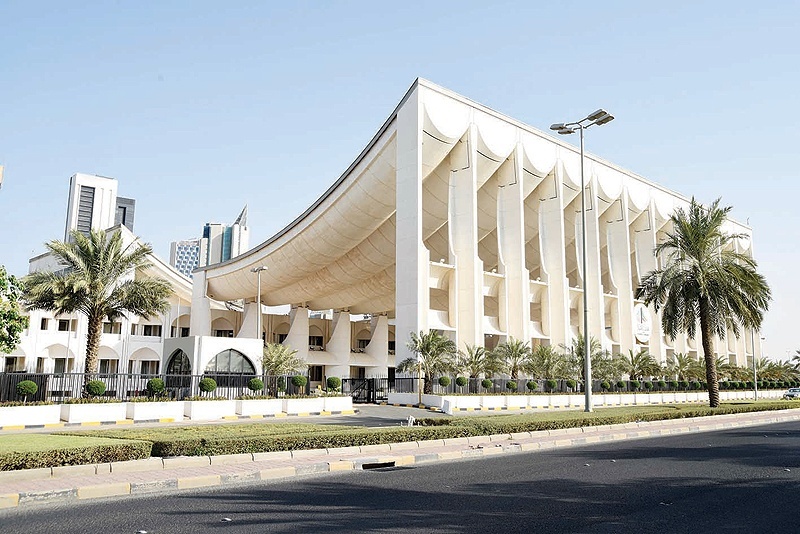
By B Izzak
KUWAIT: A parliamentary report seeking to rectify a massive imbalance in the demographic structure will call to reduce what it calls "surplus expats" as soon as possible, head of the committee preparing the report said yesterday. MP Khalil Al-Saleh said the report will be ready on Thursday and will be submitted for debate and approval to the National Assembly. It includes a combination of proposals by the government and a number of lawmakers.
Saleh said the committee is only awaiting proposals by the ministry of justice setting penalties in the expected legislation and these are expected to be sent within the next two days. He said the report focuses on measures to reduce the number of expats in the country, but also ensures the domestic labor market is not affected. He did not elaborate.
Following the outbreak of the coronavirus pandemic, calls by MPs and social activists intensified demanding the expulsion of hundreds of thousands of expats, especially scores of uneducated and unskilled workers. At present, expats form 70 percent of Kuwait's population of 4.8 million. But HH the Prime Minister Sheikh Sabah Al-Khaled Al-Sabah has said the ideal composition of the population should be the reverse, with expats forming just 30 percent. To achieve that goal, more than two million expats should be deported.
MP Saleh said the report is based on setting a cap for expats in the country within six months of issuing the report, but after excluding certain sections. This will be followed by issuing decisions every year to determine the country's needs of expat workers. The report calls to deport expats who are not needed by the market.
Meanwhile, MP Riyadh Al-Adasani called on the authorities yesterday to take the necessary legal actions against the so-called tribal primary elections, which are banned by the law. A number of Kuwaiti tribes openly held primaries to elect candidates to run in the forthcoming general elections, expected to be held in late November. Adasani said authorities must implement the law and refer all those involved to the public prosecution.
.jpg)
